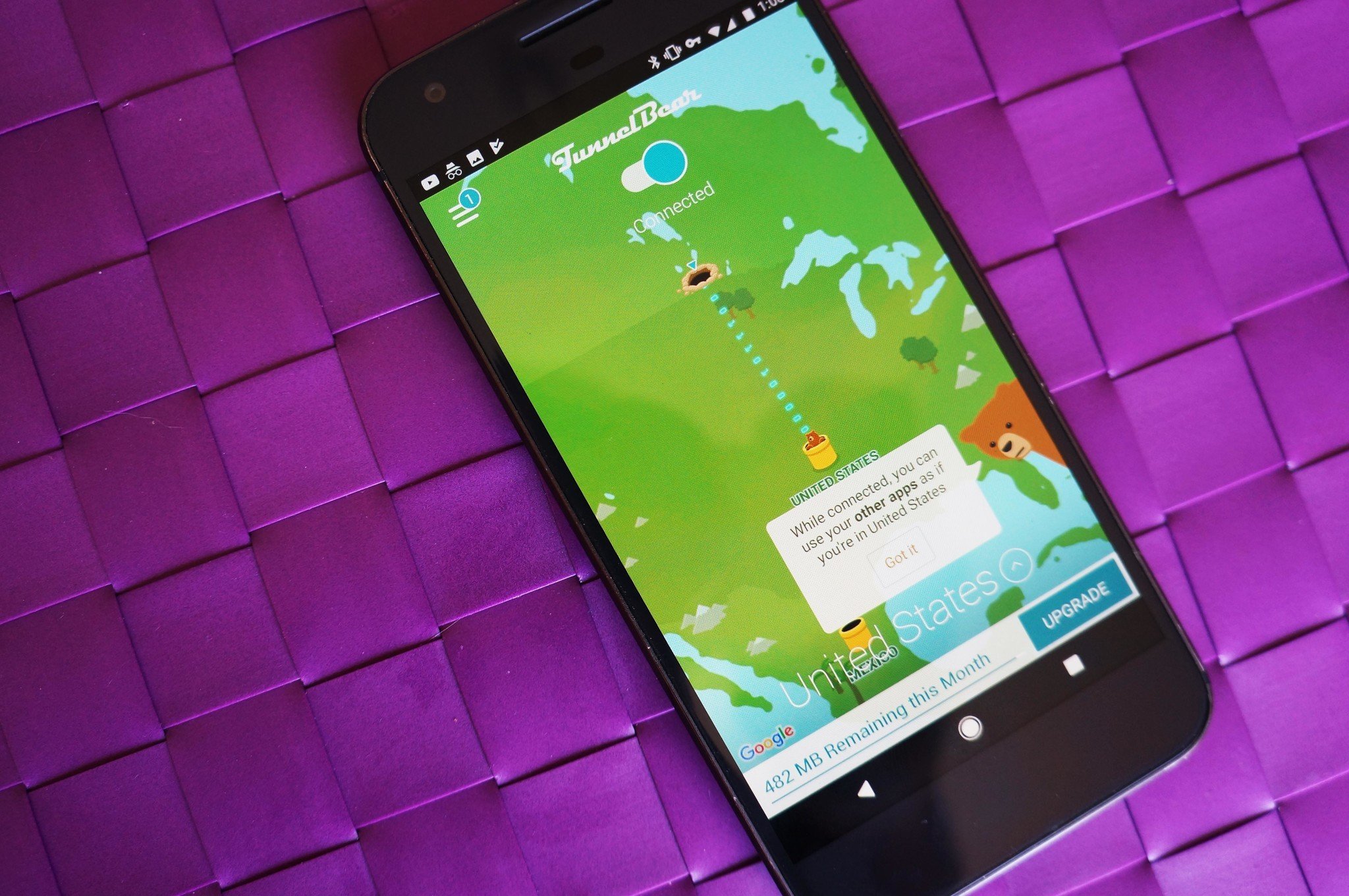What should you look for when picking a VPN?

To find the best VPN for you, it takes a bit of searching, since not all VPNs were created equal. It all depends on what you need it for. Thankfully you've come to the right place to make it easy for you to find the perfect VPN for your needs.
Just in case you're not sure what a VPN is, a VPN is a virtual private network – something that allows you to appear as someone you're not and somewhere that you're not, by using servers. These servers are dotted all over the globe and are used to tunnel your data – which is encrypted for safety – through them.
All that means a VPN can work to offer you greater online security, personal anonymity and can help you get around geo-restricted content like Netflix and BBC iPlayer. Which is the best for you depends on what you're after.
What's best for security in a VPN?
If it's pure security you're after then you'll want to look out for a feature that not all VPN services offer; a double encryption. Don't get us wrong, encryption is plenty strong enough with near nobody able to break it, but if you double that up then it's insanely secure. That 2048-bit encryption means that should anyone somehow get hold of your data, it'll be unintelligible.
Other security features to look out for are a kill switch, which keeps you secure should your connection drop; strong DNS leak protection and automated HTTPS redirection.
What's best in a VPN for watching geo-restricted content?
For many people a VPN isn't just about security but accessing content that might otherwise be blocked by location. If you're away and want to access your favourite shows but can't get them in the country you're connected in, then a VPN will allow you to appear at home again. This also works well to allow you internet freedom when in restrictive countries like China or Iran, although when there you use a VPN at your own risk.
Lots of streaming services will allow you to login from a server in another country, so you appear to be there. But some services, like Netflix, are wise to VPNs and can spot older protocols and block access. So it's worth making sure your VPN will offer a selection of protocols, as well as lots of server locations, so you're able to try a few to make sure you get access.
Be an expert in 5 minutes
Get the latest news from Android Central, your trusted companion in the world of Android
A VPN's privacy can be important
You can be as secure as you like, locked away behind encryptions and kill switches, but if your VPN service provider is keeping your data then your personal security is still at risk. In these cases, if the server gets hacked there may be personal information that can be revealing. That's why it's good to look for a VPN that has a clear no logging policy. This means they keep no logging data that could, potentially identify you.
VPN speed can affect you
Since your signal is being bounced around the globe, when you use a VPN, it has a long way to go and could be slow. Some services are faster than others so this may be a factor you'll want to think about. This is especially important if you're using a VPN for lots of data transfers like streaming 4K movies, gaming or downloading torrents.
A VPN with lots of servers is a good thing to look out for as you can pick and choose the fastest to suit where you are and what you're doing. Also the type of protocol can affect speed so it's best to pick one with lots of options to choose from. There are specialists like Hotspot Shield which uses its proprietary Catapult Hydra protocol to get some of the best VPN speeds available.
Device compatibility
Another thing to think about is what device or devices you'll want your VPN to work on. Many have clients, aka apps, for lots of devices like iOS, Android, Mac and Windows. But some have more for things like Amazon Fire TV, Linux or even smart TVs. Then there are ones that allow you to setup the VPN on the router, meaning anything connecting to that router will be run through the VPN.
Some services limit the number of devices you can connect, while a few offer infinite. So that's another factor to take into account when making your VPN choice.
Pricing varies
When it comes to VPN pricing, it can be all over the place. Some of them are paid, and some of them are free. While it's hard to say that the paid ones are better than the free ones in every single case, that just isn't true. Even the best free VPNs have limitations that make them a bit harder to use regularly than a paid counterpart.
Some of the restrictions include things like low data allotments (often times 500mb per month), slower speeds, less server locations, and more. If you don't think you need a VPN to use often, or want to just test one out, a free option is a great starting point. However, if you think it's something worth using regularly and want to invest in a great option, we recommend ExpressVPN as our top choice for a number of reasons. It offers the best combination of speed, reliability, ease of use, and customer service into one package that isn't overly expensive. Get started today, and if you don't end up enjoying it ExpressVPN offers a 30-day money-back guarantee that you can take advantage of.

ExpressVPN
ExpressVPN is a top pick in our eyes for many reasons. Sign up today and see how it works for yourself!
We test and review VPN services in the context of legal recreational uses. For example:
1. Accessing a service from another country (subject to the terms and conditions of that service).
2. Protecting your online security and strengthening your online privacy when abroad.
We do not support or condone the illegal or malicious use of VPN services. Consuming pirated content that is paid-for is neither endorsed nor approved by Future Publishing.

